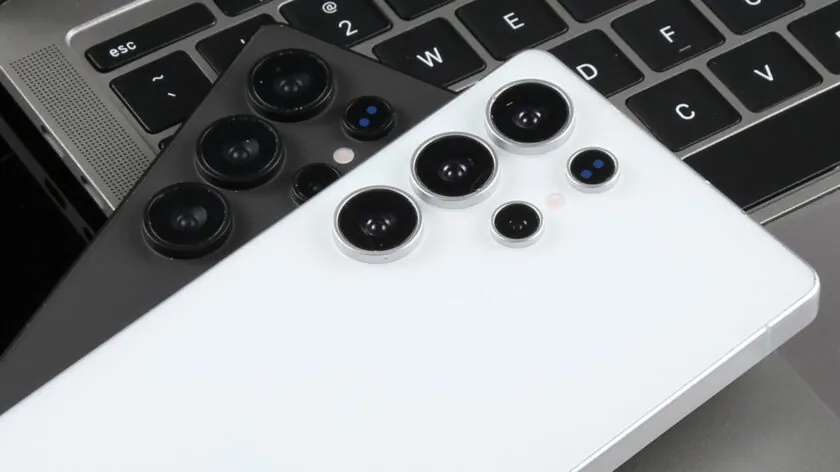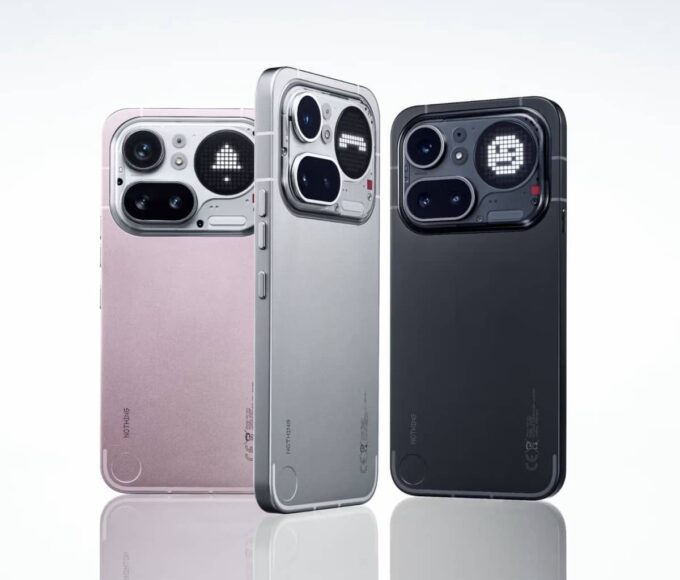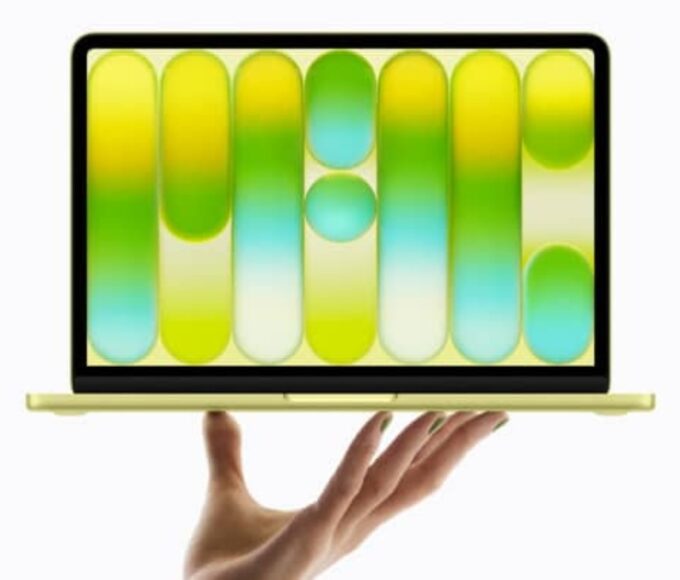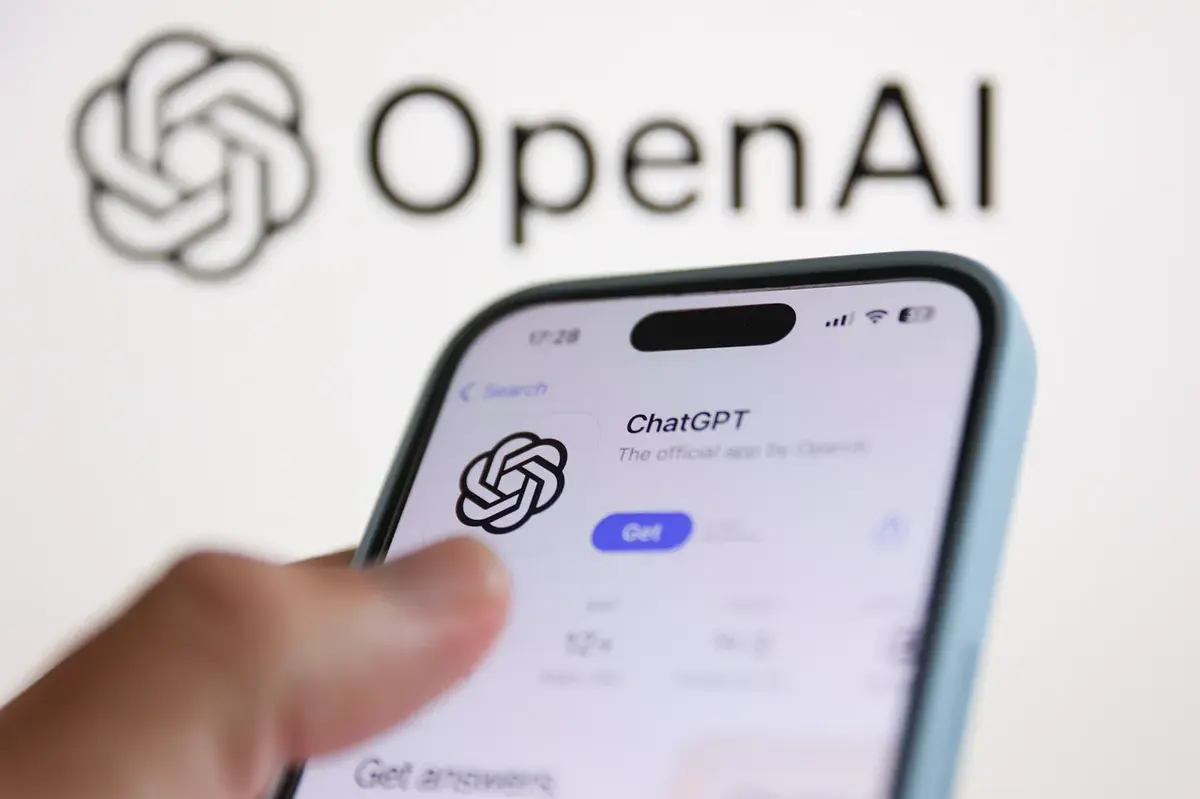Artificial intelligence (AI) is poised to revolutionize the way we use mobile devices in 2025.
After years of experimentation, the tech industry is moving towards deeply integrating AI into operating systems and software, making it an essential part of daily interactions with smartphones, tablets, and wearables.
AI at the Core of Operating Systems
AI is transitioning from standalone apps to core functionalities within devices. For instance:
- Google’s Project Astra: A multimodal assistant capable of understanding surroundings, processing queries, and providing rich, context-aware responses through text, images, or audio.
- Apple’s iOS 18.2: Introduced system-wide ChatGPT integration, allowing users to invoke AI anywhere with Siri.
- Android XR: Google’s new OS for wearables and headsets, with Gemini AI at its center.
This shift means tasks previously requiring separate apps, like ChatGPT or Gemini, will soon be handled natively within devices, offering a seamless experience.
A Competitive AI Landscape
Tech giants like Google, OpenAI, Apple, and Meta are racing to develop the most advanced AI models. While OpenAI’s ChatGPT enjoys brand recognition, competitors like Google’s Gemini and Apple’s Visual Intelligence are gaining ground with innovative multimodal capabilities.
Despite rapid advancements, there are concerns about a potential slowdown in AI progress. However, leaders like Sundar Pichai and Sam Altman remain optimistic, emphasizing that breakthroughs are still possible.
Privacy Concerns and Safeguards
As AI becomes ubiquitous, privacy remains a pressing issue. Apple leads with its Private Cloud Compute servers and on-device processing for many tasks, but integration with third-party services like ChatGPT raises concerns about data sharing.
Users may have to trust companies to handle their data responsibly, with transparency and safeguards being critical.
What to Expect in 2025
- Universal Assistants: AI will handle tasks on users’ behalf, from browsing the web to controlling smart devices.
- Multimodal Interactions: Devices will combine inputs like voice, camera, and text for richer responses.
- Privacy Debates: Expect increased scrutiny over how AI companies manage user data and comply with evolving regulations.
As AI becomes the heart of our devices, 2025 promises to redefine how we interact with technology, blending convenience with new challenges in privacy and trust.
What are your thoughts on AI taking over your devices? Share your opinions below!












Leave a comment